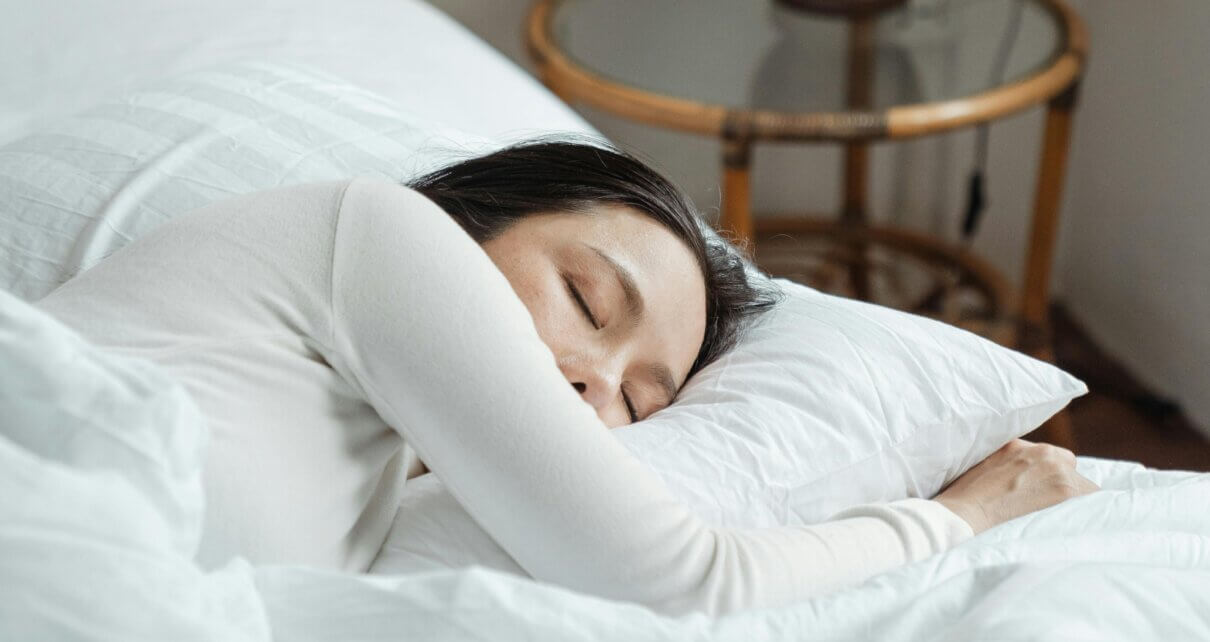Sleeping is very important, and it holds importance in every physical and mental aspect of our lives.
According to the Center of Disease Control (CDC), the amount of sleep that we need as we age changes, and they believe that good sleep is important for our well-being physically and mentally. Getting enough sleep can help with our heart health. Getting a short amount of sleep or too little sleep is linked to things like high blood pressure, strokes, and heart disease (CDC). So, we must ensure that we get a proper amount of sleep each night. Although getting enough sleep can’t prevent these things, it can help to make them less of a problem.
Along with this, getting the right amount of sleep can help with our immune function as well. The CDC recommends we get around eight hours of sleep a night; this can help to strengthen our immune system and make us less susceptible to getting sick. Lack of sleep, or very little sleep, such as four to five hours, can cause us to get colds, the flu, sinus infections, and other common illnesses more often. According to the MD Anderson Center for Cancer, this is because we are trying to fight off not only the lack of sleep, but the illness as well. Further, when your body doesn’t have the energy to stay awake, how can it even have the energy to fight off a sickness?
MD Anderson Center for Cancer also claims that sleep can help improve our cognitive thinking skills and our mental health. When we get too little sleep, it is harder to learn, stay focused, remember things, and regulate our emotions. As college students, staying up late to study can be worse for us because we won’t remember what we studied if we get too little sleep. It can also cause us to not be able to focus because our brains are more focused on how tired we are, rather than what is being taught to us. Getting enough sleep can improve concentration, problem-solving skills, and decision-making. MD Anderson Center for Cancer believes that a way to improve our sleep is to limit our screen time before going to bed. According to the center’s research, staring at a blue light screen for hours before bed can cause your brain to keep running and essentially “impair our ability to sleep.”
Additionally, the Mental Health Foundation argues that when we sleep enough, we can regulate our emotions better as well. In contrast, getting too little sleep can cause us to feel more anxious, irritable, and even cause depression. Further, sleep is linked to several different aspects of our mental health, and it is important to make sure we focus on both sleeping enough and working on ourselves mentally.
Along with this, the Mental Health Foundation explains that sleep is important when it comes to our hormone balance and our metabolism. For example, sleeping can help to regulate certain hormones in our body that are important for our physical health as well; it can help with balancing our stress hormones. The Foundation states that if we get too little sleep, our cortisol hormones increase, causing us to feel more stressed with everything that is going on in our lives.
As a college student, sleep is something that we should prioritize because it can help us in every single aspect of our lives.




